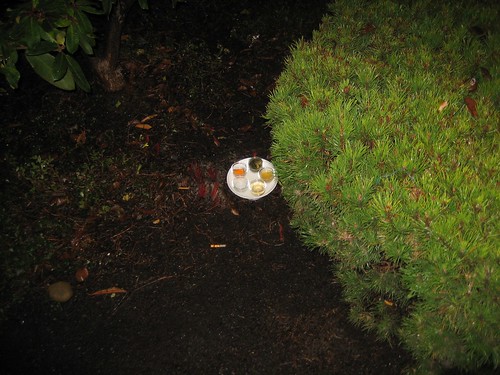
Decision Making: Is It All 'Me, Me, Me'? - Science Daily
People act in their own best interests, according to traditional views of how and why we make the decisions that we do. However, psychologists at the Universities of Leicester and Exeter have recently found evidence that this assumption is not necessarily true. In fact the research shows that most of us will act in the best interest of our team -- often at our own expense.
Down with Innovation - ID Magazine
Design is now so important, it seems, that designers can no longer be trusted with it, and to make it absolutely clear that control has moved into someone else's hands, design needs to be given a fancy new name. Call it design thinking. Call it innovation. Everyone loves design but no one wants to call it design.
No Rest for the Wiki - Business Week
The online tools for building collective info banks are making deeper inroads in corporations and rewriting the rules of collaboration. Although Intel's wiki ruffled feathers - some employees don't like being edited by colleagues, especially those further down the org chart - Intelpedia caught on.
Are You an Enduring Organization? - Bersin & Associates
There was the IBM PC Junior, the RT-PC, the 9370 Minicomputer, and many more. These products, often the results of years of R&D, were announced with flourish and fanfare. When they failed, IBM was clearly disappointed. But the leaders of these products were not fired or demoted - rather they were forced to "learn from these mistakes" and go on and make them better.
The World's 50 Most Innovative Companies - Business Week
The World's Most Innovative Companies, a collaboration with the innovation practice of the Boston Consulting Group, is our most global list ever. It's also determined by a broader set of data than in the past.


